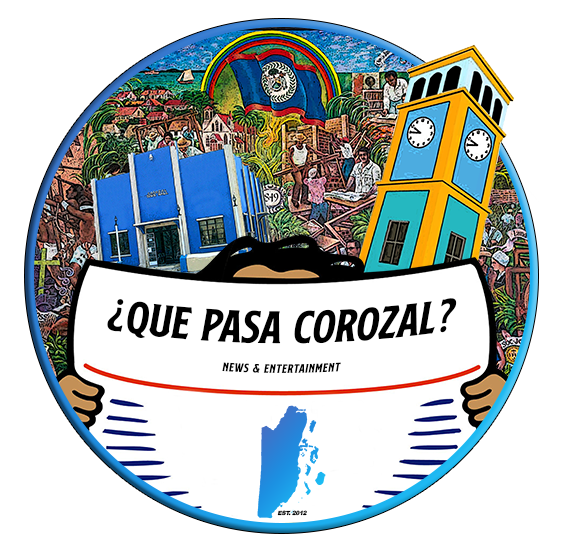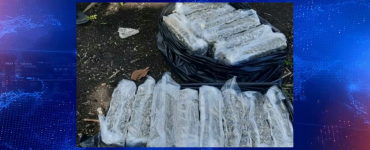The Caribbean Community Climate Change Centre (CCCCC), in partnership with the Government of Belize and key industry stakeholders, has officially launched the “Building the Adaptive Capacity of Sugarcane Farmers in Northern Belize” (BAC-SuF) project. The launch took place at Escuela Secundaria Técnica México in Corozal, marking a significant step toward strengthening Belize’s sugarcane industry against climate change.
Held in the heart of Belize’s sugarcane region, the event brought together farmers, industry leaders, government officials, and community members. Featured speakers included Minister of Agriculture, Hon. Jose Abelardo Mai, Acting Director of the Climate Finance Unit, Mr. Leroy Martinez, and CCCCC’s Executive Director, Dr. Colin Young. They highlighted the project’s critical role in boosting the economy and reinforcing Belize’s commitment to climate action.
A Major Investment in the Future of Belize’s Sugarcane Industry
The five-year BAC-SuF project has secured $38.8 million USD in funding, including a $25 million USD (50 million BZD) grant from the Green Climate Fund (GCF) and $13.8 million USD (27.7 million BZD) in counterpart resources. This major investment aims to protect the livelihoods of thousands of Belizean families dependent on the sugarcane industry.
During his address, Minister Mai emphasized the project’s significance:
“This initiative is a milestone for Belizean agriculture. It sends a clear message to our farmers and the world that Belize is serious about securing climate finance to protect our most vital sector and vulnerable communities.”
He also pointed out the growing threats of climate change to agriculture, citing the 2019–2020 drought, which caused a 20% drop in rainfall and sugarcane production—a devastating blow to farmers and the economy.
Strengthening Resilience in the Sugarcane Industry
Dr Colin Young, Executive Director of the CCCCC, noted that this is the first-ever project focused on improving climate resilience in sugarcane farming.
“This project showcases Belize’s leadership and innovation. Over the next five years, we will tackle the agronomic, technological, and institutional barriers that make the sugar industry vulnerable to climate change,” he said.
He further emphasized the project’s goal: to equip farmers with the knowledge, tools, and support needed to adapt and thrive in an uncertain climate.
How the BAC-SuF Project Will Support Farmers
The project is the first of its kind globally for the Green Climate Fund and is built around three key components:
✅ Climate-Adapted Sugarcane & Improved Agronomy – Establishing nurseries for climate-resilient sugarcane, replanting 10,000 acres, and enhancing soil health and crop management practices.
✅ Sustainable Water & Land Management – Implementing irrigation, drainage, and pest control systems based on Climate-Smart Agriculture and Integrated Pest Management.
✅ Knowledge Hub & Capacity Building – Creating a center for training, capacity building, and knowledge sharing to strengthen the industry.
Impact on Farmers and Communities
The BAC-SuF project is expected to directly benefit over 5,000 sugarcane farmers in Northern Belize and indirectly impact approximately 87,000 people within their families and communities.
During the event, Mr Leroy Martinez, Acting Director of the Climate Finance Unit, recalled how the project began from just a single photograph:
“From that image, we developed a proposal, secured funding, and now we’re here launching a transformative project that will help secure the future of one of Belize’s most important agricultural industries.”
A Commitment to Sustainability
The launch of the BAC-SuF project reaffirms the commitment of the Government of Belize, the CCCCC, and its partners to build a more resilient, sustainable sugarcane industry. As climate change continues to challenge agriculture worldwide, this initiative sets a global example of how targeted investments can protect farmers, communities, and economies.




